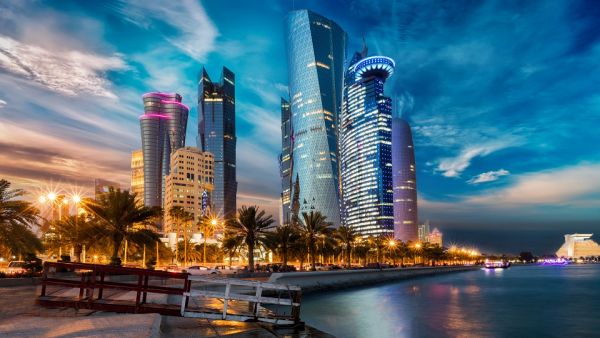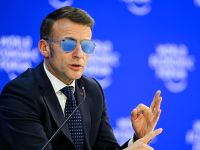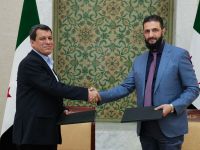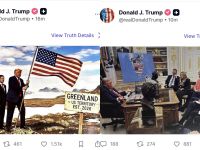Qatar intends to use the country’s sovereign wealth fund to invest in other types of energy, Minister of Finance HE Ali Shareef al Emadi said during a panel discussion at St Petersburg International Economic Forum (SPIEF) on Thursday.
{"preview_thumbnail":"https://cdn.flowplayer.com/6684a05f-6468-4ecd-87d5-a748773282a3/i/v-i-2…","video_id":"270b4d98-6e97-4493-bbec-adc1a1575bad","player_id":"8ca46225-42a2-4245-9c20-7850ae937431","provider":"flowplayer","video":"Top 10 Most Competitive Economies"}
The SPIEF, which began on Thursday, will last through Saturday.
“In the coming years, we will experience a huge energy transformation and energy will play a leading role around the world in medium and long terms. Energy will remain an important part of our economy. That is why the role of the sovereign wealth fund of Qatar is important. The future of our country depends on it. At the same time, this fund will also invest in other types of energy,” Emadi was quoted as saying by Russian news agency Sputnik.
Qatar Financial Center Authority (QFCA) Chief Executive Officer Yousuf al Jaida, who is also taking part in the SPIEF, told Sputnik that Qatar’s economy has been performing even better under economic sanctions than it did before, with GDP growth expected to reach 2.5-3 percent.
“The IMF report was very positive. We are looking at 2.5-3 percent growth levels despite the blockade. If you look at Qatar’s GDP figures, fiscal surplus, current account surplus, they are among the best in the Middle East. We have proven to be resilient. We have done a fabulous job in terms of protecting our economy. As a matter of fact, our economy has performed better during the blockade in 2019 than before the blockade. Economic indicators are better now than pre-crisis. We are happy about that,” Jaida said.
He stressed that Qatar had been able to prove that it had ‘a very resilient economy’.
The IMF said earlier this week that Qatar’s economic performance improved in 2018.
According to the IMF, the country’s GDP growth in 2019 is expected to reach 2.6 percent, up from 2.2 percent in 2018, despite the Saudi-led economic sanctions.
Qatar is interested in investing more in the East, beyond the Gulf Cooperation Council (GCC), Jaida told Sputnik.
We have massive initiatives in terms of opening up our real estate. We are also directing our investments towards the East and establishing new strategic alliances beyond GCC. Russia is among some of these countries, China, India, Japan, South Korea. That’s a strategic step to diversify our economy,” Jaida said.
Jaida said Qatar was in the process of ‘opening up’ its economy, reforming the legal framework to cater for more foreign direct investments into Qatar.
Stating that Qatar will remain focused on liquefied natural gas (LNG) as primary energy fuel, Jaida said, “Qatar is the largest LNG exporter in the word, as you know we have the third biggest natural reserves in terms of LNG. Oil represents 20 percent of our energy exports, but the focus will remain on LNG in the near future for a very, very long time.”








